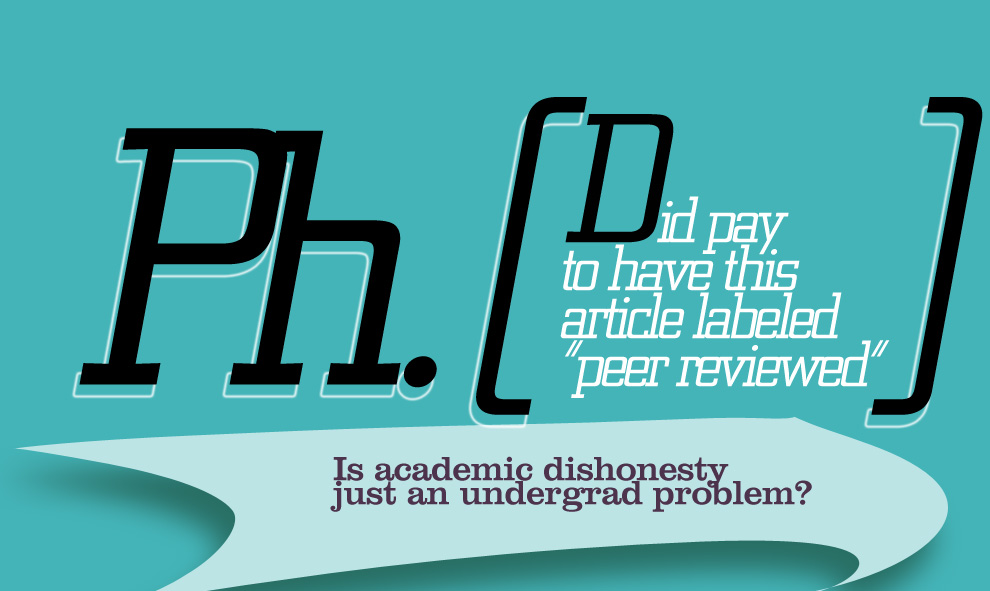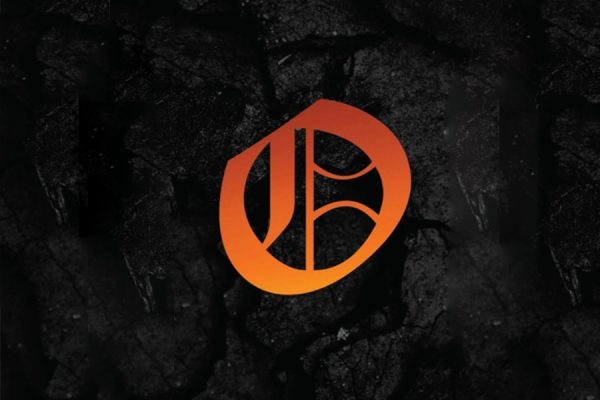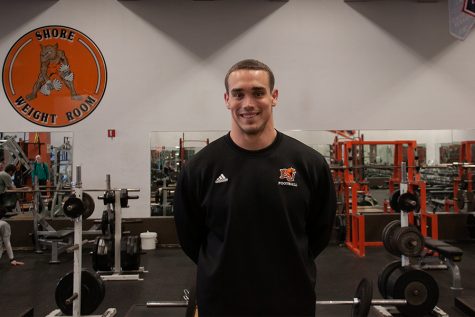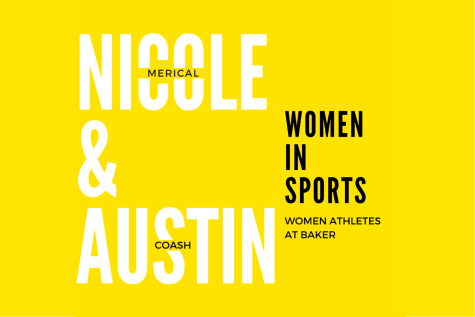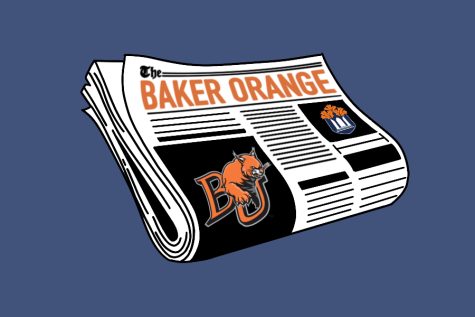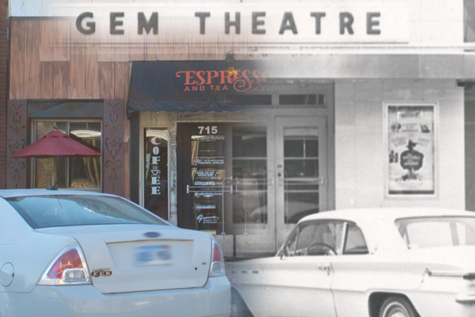Academic dishonesty: It’s not just for students
One day in sixth grade, I was starving as I was going through the lunch line. It was chicken nugget day and I could not wait to eat. Instead of taking the recommended serving size of four chicken nuggets, I grabbed five and put some mashed potatoes over the extra one to conceal it from the lunch ladies and avoid paying for two entrees.
That meal definitely worked out in my favor as I sat back 30 minutes later completely satisfied. Today I can look at this little act of rebellion and laugh, but it is shortcuts like this later in life that create serious ethical dilemmas. In universities around the country, many professors and researchers are now falling to similar temptations.
Recently, magazines like Time and The Atlantic have published articles describing advanced scholars who felt so much pressure to have work published that they cooked the books with their research.
What does this mean? Basically, some researchers’ desire to be viewed as innovative and groundbreaking in their field has led them to make up results in their work. Time reported that as many as one-third of scientists have confessed to a variety of questionable research practices, including adding data points based on their “gut feeling.” Yikes.
Some people question whether the recent influx in retracted academic studies is due to typical mistakes in research or a closer scrutiny of academic studies. Unfortunately, it seems that not all the mistakes are an accident. Time reports “21.3 percent [of retracted articles] stemmed from straightforward error, while 67.4 percent resulted from misconduct.”
There are even publishing outlets in China offering to publish “peer reviewed” journal articles with your name as the author for a small fee of $14,800. I probably would not be willing to pay $14,800 for my extra chicken nugget, but there are some professors who would.
When I sit back and think about the revered professors at Baker University, and in the academic world in general, most have had work published and peer-reviewed at some point in their careers. It makes sense that they feel pressure to establish themselves and potentially speed up the pathway to tenure.
We live in a world in which competition can be fierce as we strive to be the best. We survive off the glory of achieving a high number of Instagram likes, and we run half-marathons just to say we did it. This may be part of human nature.
In the grand scheme of things, our drive to be the best can push society forward, especially in areas like technology and science. On the other hand, I have a longing to return to times when it was OK to just be satisfied with yourself and happy for your neighbor without a sense of jealousy.
On the bright side, the trend can be reversed. Heightened scrutiny can help ensure that research is done properly, reducing the number of falsified studies.
Maybe in the future, we will praise others for being themselves while remaining satisfied with our own talents and abilities. I’m visualizing a world in which Instagram likes don’t matter, people are happy with their middle-class jobs, and half marathons are only completed by actual runners.
Ultimately, though, I know it may just be human nature to hide that extra chicken nugget.


